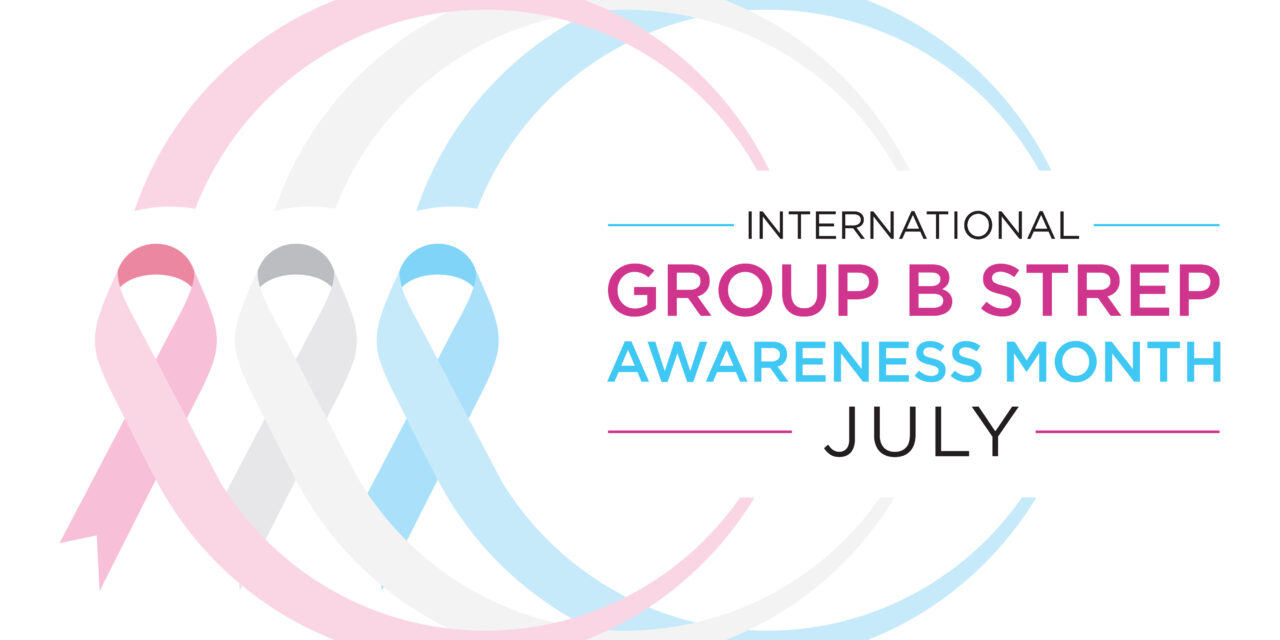Protect Your Baby From Group B Strep

July is Group B Strep (GBS) Awareness month, and according to the World Health Organization (WHO), nearly 20 million pregnant women carry GBS, a type of bacteria found in the digestive system of men and women. GBS can be very serious if it passes to babies during pregnancy, childbirth, or during a newborn’s first few weeks of life. GBS can result in miscarriage, stillbirth, prematurity, and lifelong handicaps.
GBS most commonly causes infection in the lining of the brain (meningitis), and the lungs (pneumonia). Fortunately, GBS infections can be prevented if a pregnant woman who tests positive for GBS receives at least four hours of IV antibiotics before delivering her baby.
Rarely does GBS cause symptoms, but women can experience vaginal burning, irritation, and discharge. GBS can also cause bladder infections. Your OB-GYN will typically perform a urine culture for GBS during your first prenatal visit. If you test positive, your provider will ensure that you receive IV antibiotics for GBS when labor starts or when your water breaks. Most people are routinely tested for GBS between 36 and 37 weeks of pregnancy.
Contact your provider immediately if you experience decreased or no fetal movement after your 20th week of pregnancy, frenzied or sudden excessive fetal movement, unexplained fever, and signs of preterm labor. Signs of GBS in babies include high-pitched crying, shrill moaning, whimpering, inconsolable crying, constant grunting or moaning as if constipated or in distress, difficulty breathing, feeding poorly, irritability, low grade fever, blue, gray, or pale skin, blotchy or red skin, marked irritability, projectile vomiting, listlessness, body stiffening, uncontrollable jerking, sleeping too much, difficulty being aroused, cold hands and feet, and more.
Visit https://www.groupbstrepinternational.org to learn more about GBS and how to protect your baby.









